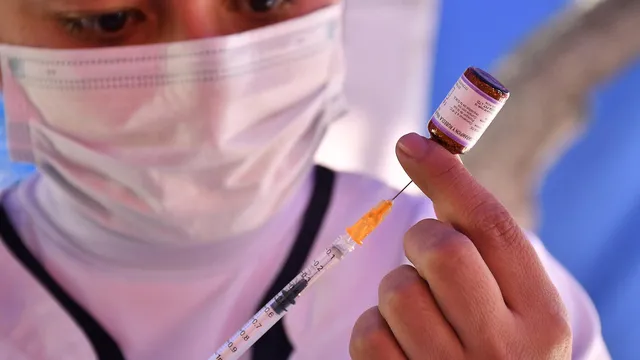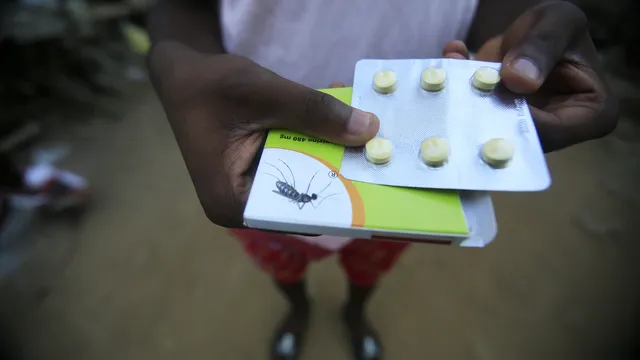Scientists in the United Kingdom say a saliva test could help "reverse the trend" in prostate cancer, the BBC reports.
It analyses men's DNA to identify who was born with the highest risk of developing the disease.
Targeting them for prostate biopsies and MRIs detected some aggressive cancers that would otherwise have gone undetected.
However, the test has not yet been proven to save lives, and experts say it will be "years" before such tests are routinely used.
Around 12,000 men in the UK die from prostate cancer each year.
Calls for routine testing of healthy men - known as screening - intensified after Olympic cyclist Sir Chris Hoy announced he had end-stage prostate cancer.
In the past, screening has been rejected because using the current test - which looks for levels of prostate-specific antigen (PSA) in the blood - risks causing more harm than good.
This saliva test does not look for signs of prostate cancer in the body.
Instead, it looks for 130 mutations in men's DNA, any of which can increase the risk of developing prostate cancer.
In the study, researchers examined men aged 55-69 and calculated their risk. Men with the highest 10% of results were invited for further testing. This included a biopsy and an MRI scan.
The study, published in the New England Journal of Medicine, shows:
Of the 745 men with high scores, 468 were willing to undergo further tests. Prostate cancer was found in 187 of them. 103 were higher-risk tumors that needed treatment, 74 of which would not have been detected at this stage with current tests
"This test could achieve a turnaround in the fight against prostate cancer," says Professor Ross Eales from the Institute of Cancer Research in London.
"We can identify men at risk of aggressive cancer who need further testing, and protect men at lower risk from unnecessary treatment," she added. | BGNES

 Breaking news
Breaking news
 Europe
Europe
 Bulgaria
Bulgaria







